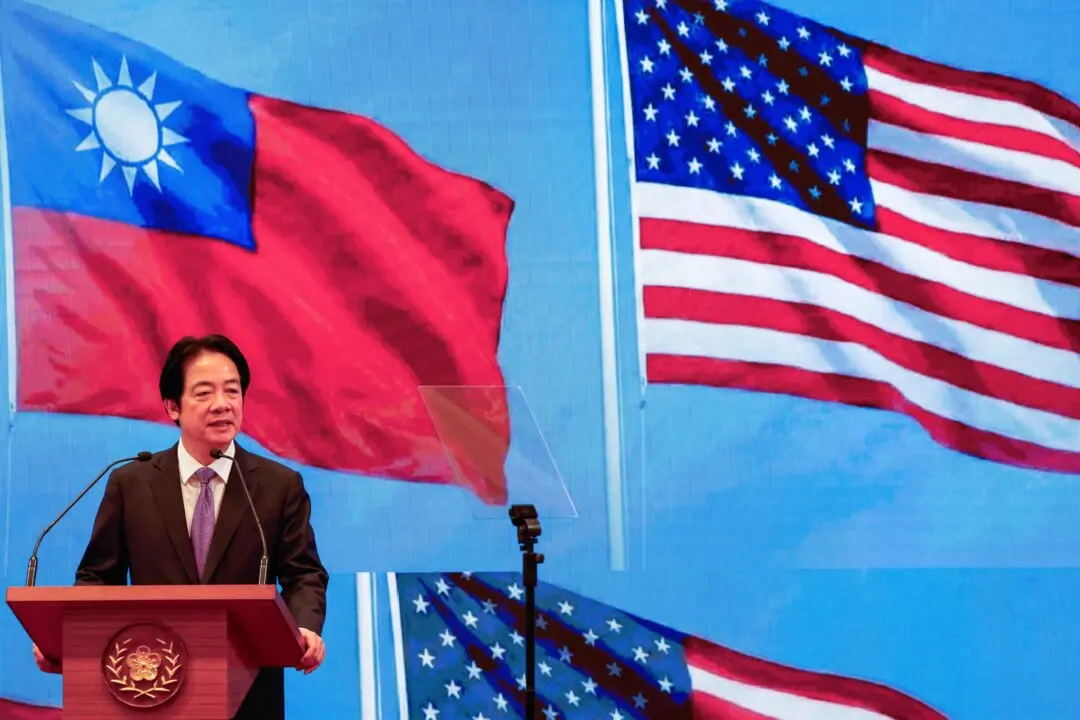Internet users in China are slated to enjoy faster Internet speeds over the next two years, and service providers have already started slashing prices—claims no one in China is taking seriously.
On May 15, China’s Ministry of Industry and Information Technology Deputy Minister Shang Bing pledged major Internet infrastructural changes by 2017: Urban homes will have access to Internet speed of 100 megabits per second (Mbps), while villages and cities will get 4G connection—up to 30 Mbps in major provincial cities.
The same day, three state-owned telecommunication companies, China Telecom, China Mobile, and China Unicom, rolled out faster Internet connection packages and cut some plan prices by as much as 35 percent.
Chinese Internet users, however, are not buying into the cheaper deals: Of the 65,000 netizens polled by Chinese Web portal and news site Sina, 78.7 percent believed the three Internet providers weren’t being sincere in charging customers less.




